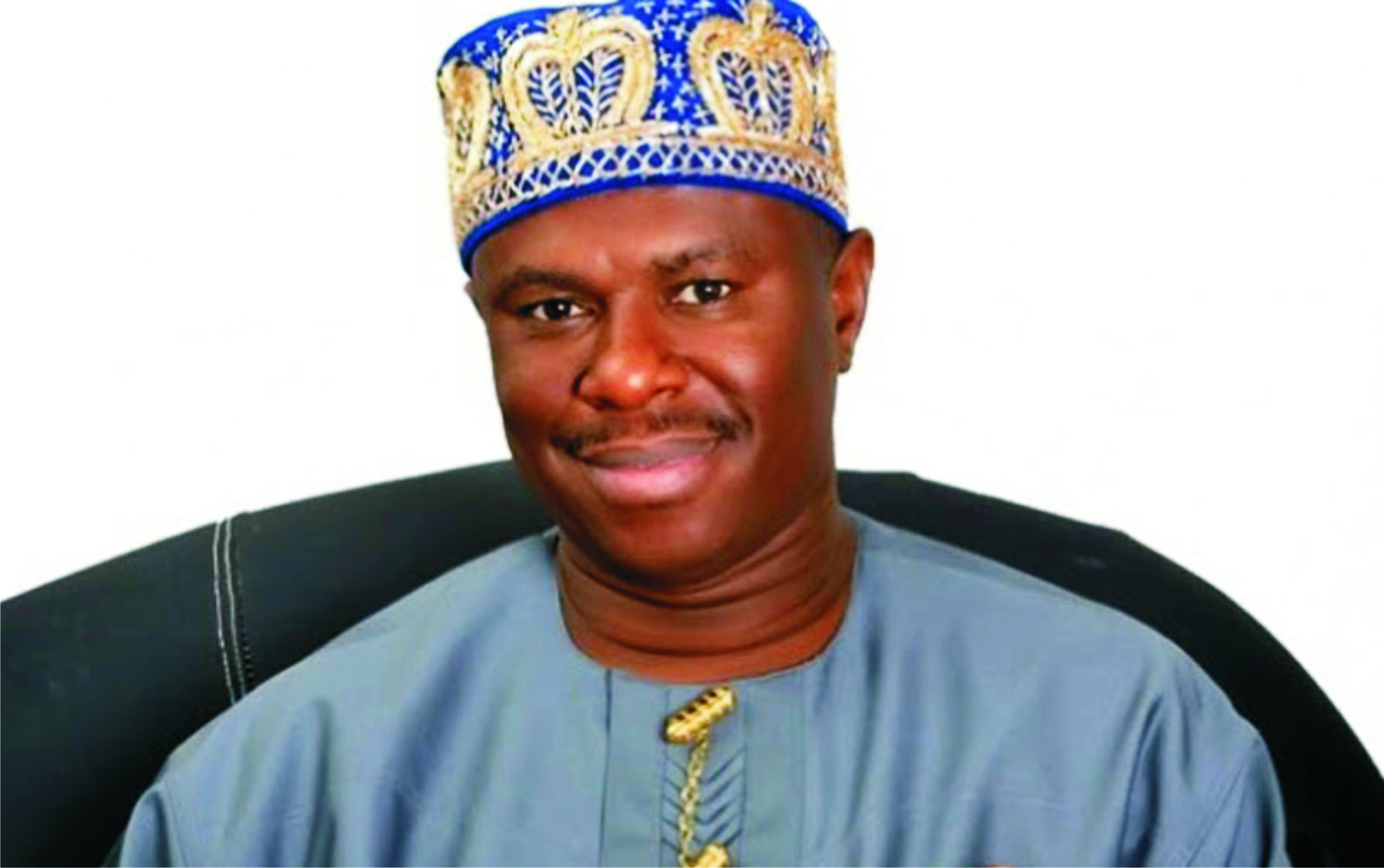Business
Dakuku Denies Corruption Allegations Against Him …Holds Closed Door Meeting With Osibanjo

The former Director General of Nigeria Maritime Administration and Safety Agency (NIMASA), Dr Dakuku Peterside, has denied reports that he was sacked from office on allegations of corrupt practices.
Dakuku who held a closed door meeting with the Vice President, Prof Yemi Osinbanjo in Abuja, last Friday, said the non- renewal of his tenure for another four years had nothing to do with corruption.
It would be recalled that the former NIMASA boss was removed from office on March 5, few days to the expiration of his first term in office.
Dakuku’s first tenure was supposed to expire on Tuesday, March 10, this year having been appointed the Director General of NIMASA on March 11, 2016.
But President Muhammadu Buhari, five days to the expiration of Dakuku’s first term, announced former Executive Director in the Finance and Administration Department of the agency, Bashir Jamoh, as Dakuku’s successor after the latter’s failed attempt for a tenure renewal.
The Minister of Transportation, Chibuike Rotimi Amaechi, who was believed to have spearheaded Dakuku’s appointment in 2016 and under whose ministry is NIMASA, was equally caught unawares as he claimed not to be informed about Dakuku’s sack.
While details of the meeting between the Vice President and Dakuku were kept secret from the Presidential Villa correspondents, the ex NIMASA boss challenged whoever has any proof of corruption against him to make it public.
Dakuku has, however, expressed confidence in the ability of his successor to consolidate on the achievements recorded by NIMASA under his watch.
Transport
Automated Points Concession : FAAN Workers Gave 72hrs To Revise Decisions In PH

Transport
FAAN Announces Pick-Up Points for Go-Cashless Cards

Business
Fidelity Bank To Empower Women With Sustainable Entrepreneurship Skills, HAP2.0
-

 Politics4 days ago
Politics4 days agoSenate Urges Tinubu To Sack CAC Boss
-

 News4 days ago
News4 days agoAmend Constitution To Accommodate State Police, Tinubu Tells Senators
-

 News4 days ago
News4 days agoDisu Takes Over As New IGP …Declares Total War On Corruption, Impunity
-
Business4 days ago
Crisis Response: EU-project Delivers New Vet. Clinic To Katsina Govt.
-
Business4 days ago
President Tinubu Approves Extension Ban On Raw Shea Nut Export
-
Business4 days ago
President Tinubu Extends Raw Shea Nuts Export Ban To 2027
-
Business4 days ago
Fidelity Bank To Empower Women With Sustainable Entrepreneurship Skills, HAP2.0
-
Sports4 days ago
NDG: Rivers Coach Appeal To NDDC In Talent Discovery

